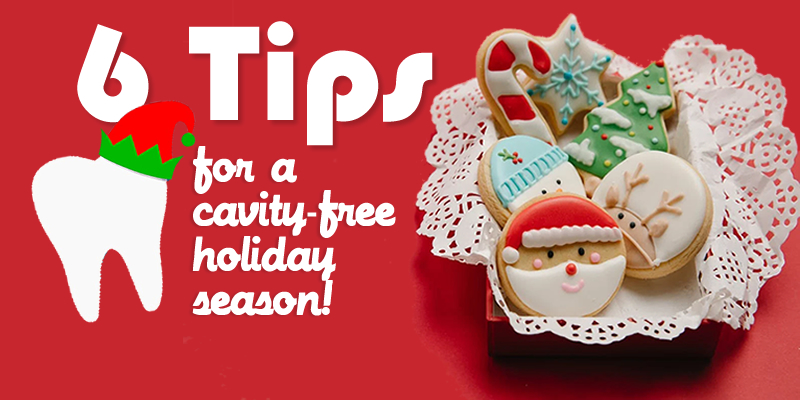Navigating Dental Anxiety: Tips for a Stress-Free Visit
Dental anxiety is a common issue that affects many people. The thought of sitting in the dentist’s chair can trigger fear and stress, making it easy to put off important dental visits. However, taking care of your oral health is crucial. Here are five effective strategies to help you navigate dental anxiety and ensure a stress-free visit.
1. Communicate with Dr. Esfandiari:
Open communication is key to alleviating anxiety. Before your appointment, take the time to discuss your fears with Dr. Esfandiari. He'll explain the procedures in detail, answer your questions, and address any specific concerns you might have. Knowing what to expect can significantly reduce your anxiety and help you feel more in control.
2. Practice Relaxation Techniques
Incorporating relaxation techniques into your routine can help calm your nerves before and during your visit. Consider trying deep breathing exercises, progressive muscle relaxation, or mindfulness meditation. A few minutes of focused breathing or visualization can make a significant difference in your anxiety levels. Arriving at the office a bit early can give you time to practice these techniques and gather your thoughts.
3. Bring a Support Person:
Having a friend or family member accompany you to your appointment can provide emotional support and comfort. They can help distract you during the procedure and offer reassurance. If you're feeling particularly anxious, ask your companion to engage you in conversation or bring along music or an audiobook to help take your mind off the treatment.
4. Explore Sedation Techniques:
If your anxiety is severe, consider discussing sedation options with Dr. Esfandiari. Many dental offices offer various forms of sedation, including nitrous oxide (laughing gas), oral sedatives, or even IV sedation. These methods can help you relax during your procedure and ensure you have a more comfortable experience. Dr. Esfandiari will work with you to determine the best option based on your needs.
5. Focus on the Benefits of Dental Care:
Remind yourself of the positive outcomes that come with regular dental visits. A healthy smile boosts your confidence and contributes to your overall well-being. Think about the long-term benefits of maintaining good oral health, such as preventing cavities and gum disease. Setting goals, such as improving your smile or reducing pain, can help motivate you to face your fears and prioritize your dental health.
Dental anxiety is manageable with the right strategies and support. By communicating openly, practicing relaxation techniques, bringing a companion, exploring sedation options, and focusing on the benefits of dental care, you can transform your dental visits from a source of stress into an opportunity for self-care. Remember, taking care of your teeth is an essential part of taking care of yourself. Don’t hesitate to reach out to your dentist for additional support and guidance. Your smile deserves it!
Contact Us
Take A Tour
- October 19, 2024
- 0 Comments











